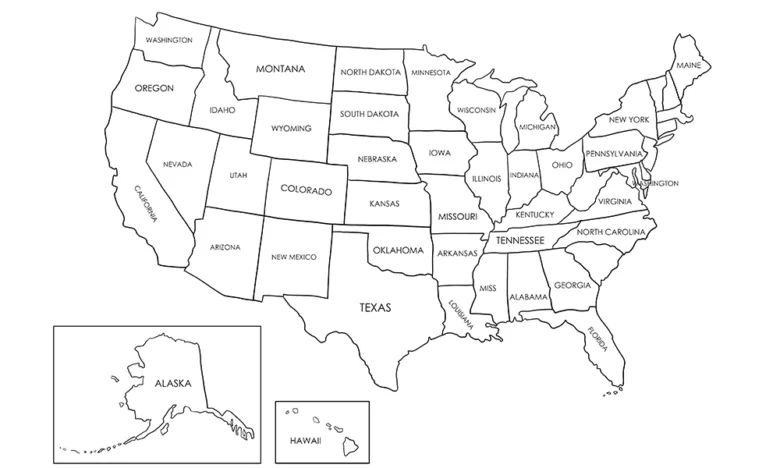
The journey through menopause is a unique and transformative experience for every woman. While it brings about many physical and emotional changes, one aspect that often remains unspoken is the impact it can have on a woman’s libido. Low libido during and after menopause is a common and completely natural occurrence, but it’s also one that can be challenging to navigate. In this blog, we will delve into the reasons behind this phenomenon, explore strategies to address it and offer guidance on how to reignite the flame of intimacy. Plus, we invite you to take a proactive step towards rediscovering your desire by booking a discovery call with us.
Understanding Menopause and Libido
Menopause is a natural biological process that marks the end of a woman’s reproductive years, typically occurring between the ages of 45 and 55. During this period, the ovaries gradually produce less estrogen and progesterone, resulting in various symptoms such as hot flashes, mood swings, and changes in sexual desire.
Hormonal Changes: One of the primary reasons for a decline in libido during and after menopause is hormonal fluctuations. Estrogen, the hormone responsible for maintaining vaginal lubrication and promoting sexual desire, decreases significantly. This drop can lead to vaginal dryness and discomfort, making sexual activity less appealing.
Physical Changes: Menopausal women may experience physical changes that affect their self-esteem and body image, making them less inclined to engage in sexual activities. Weight gain, changes in breast appearance, and a shift in fat distribution can contribute to these feelings.
Psychological Factors: The emotional rollercoaster of menopause, including mood swings, anxiety, and depression, can also influence libido. Stress and fatigue often accompany these psychological symptoms, further reducing interest in sex.
Relationship Dynamics: Relationships play a significant role in a woman’s sexual desire during menopause. Changes in intimacy or communication with a partner can contribute to decreased libido. Addressing these relationship dynamics is essential for improving one’s sex life.
Addressing Low Libido During and After Menopause
The good news is that there are numerous strategies to address low libido during and after menopause. Remember, this is a natural phase of life, and it’s entirely possible to regain your sexual desire and satisfaction.
👩❤️👨 Open Communication:
Start by talking to your partner about the changes you’re experiencing. Honest and open communication can strengthen your relationship and help your partner understand what you’re going through. This can relieve anxiety and improve emotional intimacy, which is crucial for a healthy sex life.
👩❤️👨 Bioidentical Hormone Replacement Therapy (BHRT):
Consult with a healthcare provider about the potential benefits of bioidentical hormone replacement therapy. BHRT can help alleviate menopausal symptoms, including low libido, by restoring hormone levels to a more balanced state.
👩❤️👨 Vaginal Moisturizers and Lubricants:
Over-the-counter or prescription vaginal moisturizers and lubricants can alleviate vaginal dryness and discomfort, making sexual activity more comfortable and enjoyable.
👩❤️👨 Pelvic Floor Exercises:
Regular pelvic floor exercises, also known as Kegel exercises, can help improve sexual function and increase libido by strengthening the pelvic muscles.
👩❤️👨 Cognitive Behavioral Therapy (CBT):
CBT can be effective in addressing the psychological factors contributing to low libido. It helps individuals manage stress, anxiety, and depression, which can improve overall well-being and sexual desire.
👩❤️👨 Lifestyle Changes:
Adopting a healthy lifestyle can positively impact your libido. Engage in regular physical activity, eat a balanced diet, get enough sleep, and manage stress through relaxation techniques such as meditation or yoga.
👩❤️👨 Explore New Sexual Techniques:
Menopause can be an opportunity to explore new sexual techniques and experiences with your partner. Experimenting with different forms of intimacy can reignite the passion between you and your partner.
👩❤️👨 Low libido during and after menopause:
Is a common and natural phenomenon, but it doesn’t have to be a permanent one. By understanding the underlying causes, communicating openly with your partner, and exploring various strategies and treatments, you can reclaim your desire and enjoy a satisfying and fulfilling sex life.
Don’t hesitate to reach out for support and guidance, and take the first step towards rekindling the flame of intimacy in your life. Your journey to sexual well-being starts now. I will work with you to create a customized plan that addresses your unique needs and concerns. Book your discovery call here.











